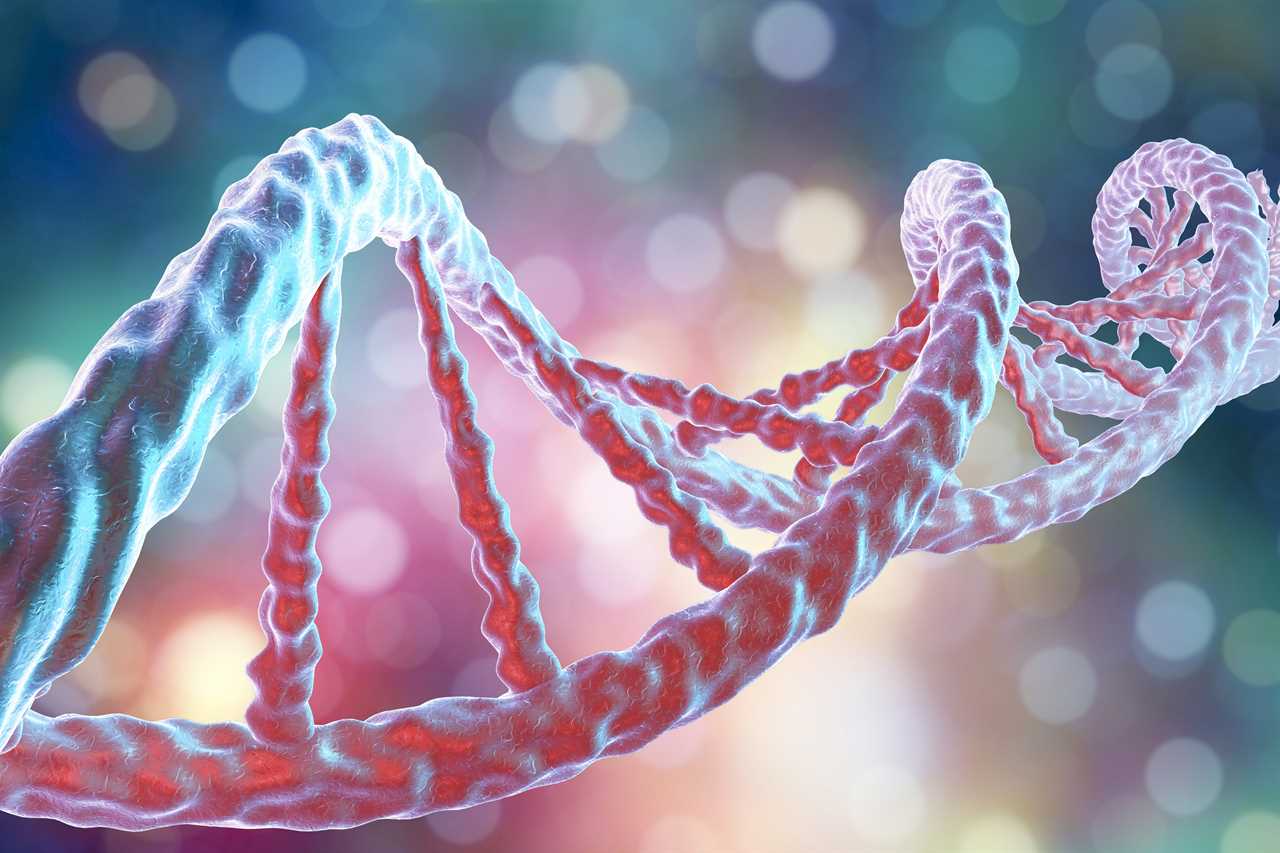
Thousands more women could discover they’re at increased risk of breast cancer as scientists identify 4 new linked genes.
A recent study has found four more genes that raise the risk of breast cancer. By expanding the screening process to include these genes, researchers believe more women at risk can be identified by checking for additional warning signs in their DNA. Currently, genetic tests primarily focus on the well-known BRCA "Jolie" genes, named after actress Angelina Jolie, who carries one of the mutations. However, the team of researchers, including scientists from Cambridge University, discovered at least four more high-risk genes while examining the DNA of 243,000 women.
Expanding Genetic Tests Beyond the BRCA Genes
Breast cancer is the most common tumor type in Britain, affecting around 56,000 women every year. While some women have a higher risk of developing cancer due to DNA mutations they cannot control, genetic tests can help identify those at heightened risk. According to the study published in the journal Nature Genetics, the gene mutations MAP3K1, LZTR1, ATR and BARD1 were found more frequently in women with breast cancer. Although these mutations cannot be cured, detecting them early through regular testing or offering preventative surgery and advice can significantly impact treatment outcomes.
Significance of the New High-Risk Genes
Professor Jacques Simard from Laval University in Quebec, Canada, explained that while most of the variants identified in these new genes are rare, the risks can be significant for women who carry them. For example, alterations in the gene MAP3K1 appear to give rise to a particularly high risk of breast cancer. By identifying these additional genes and understanding their implications, researchers hope to better tailor treatment options and support for individuals at higher risk.
Advancing Breast Cancer Prevention and Treatment
According to Cancer Research UK, only 23% of breast cancers can be prevented. Maintaining a healthy weight, reducing alcohol consumption, not smoking, and breastfeeding are established methods to lower risk. However, genetics play a significant role, making some women more likely to develop the disease. This research takes the first steps in identifying additional rare genes that could increase a woman's risk of developing breast cancer. Dr. Kotryna Temcinaite from the charity Breast Cancer Now believes this discovery could lead to better determination of those at higher risk and pave the way for new treatments and support.






